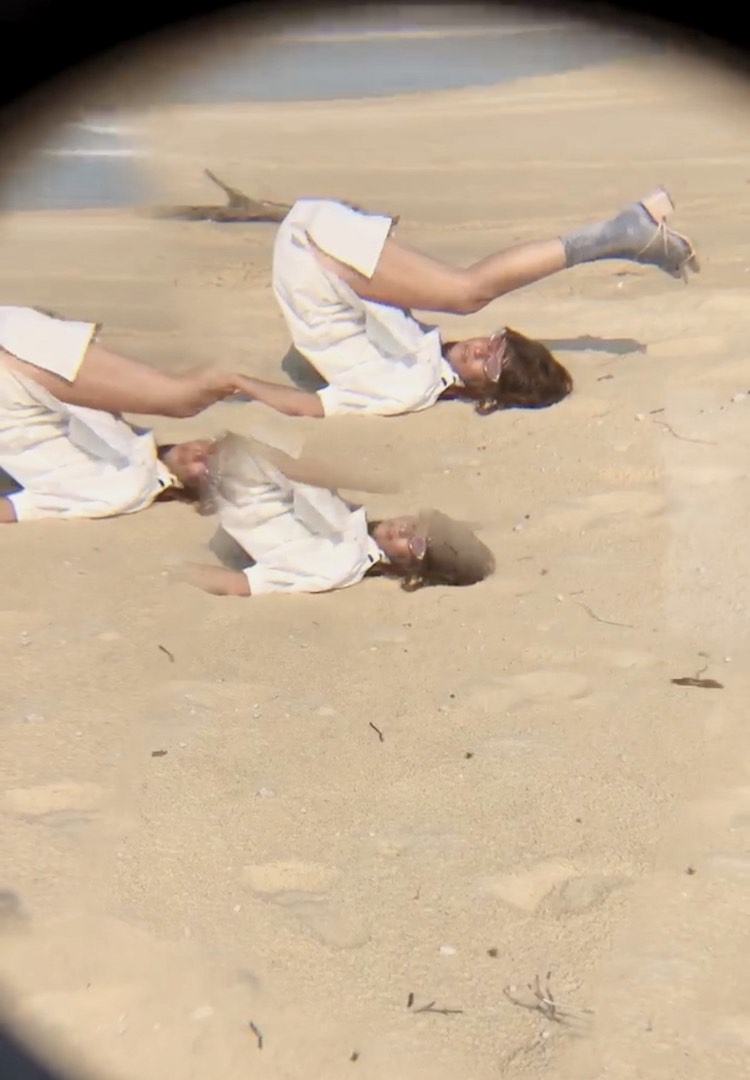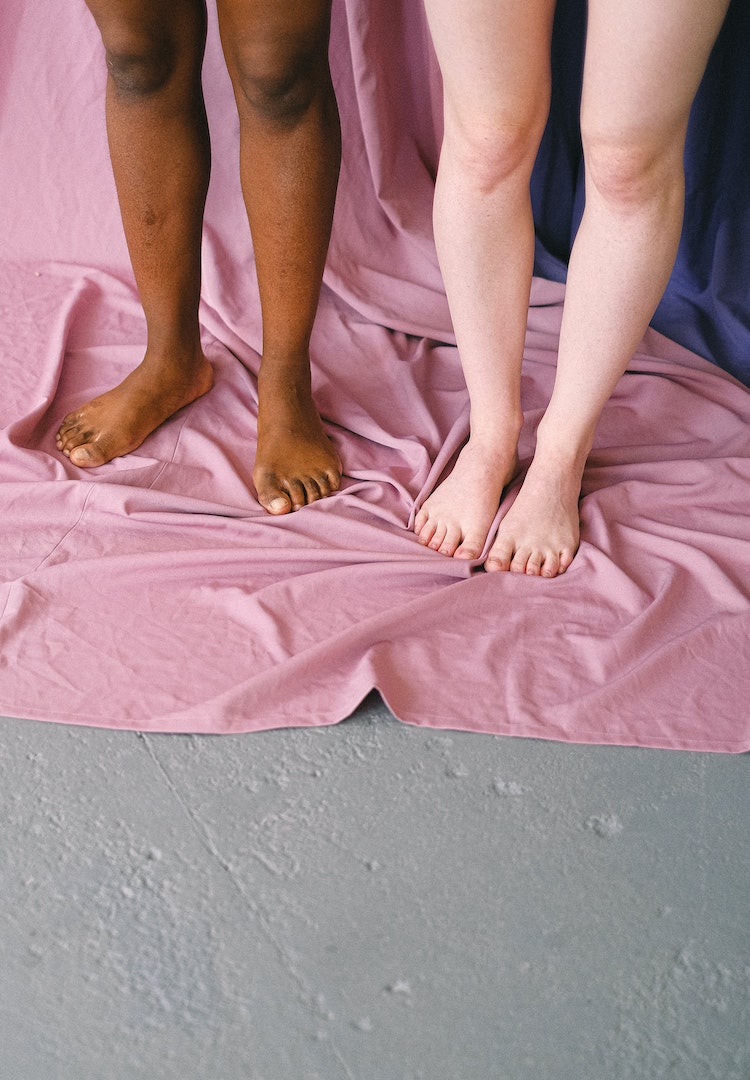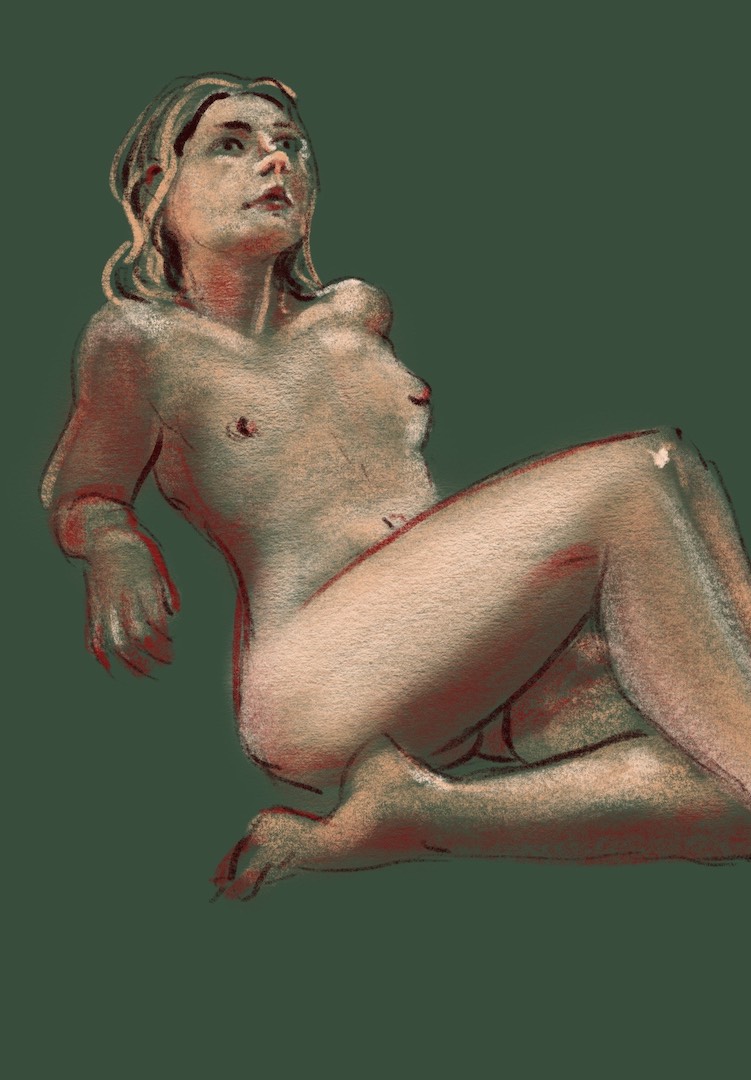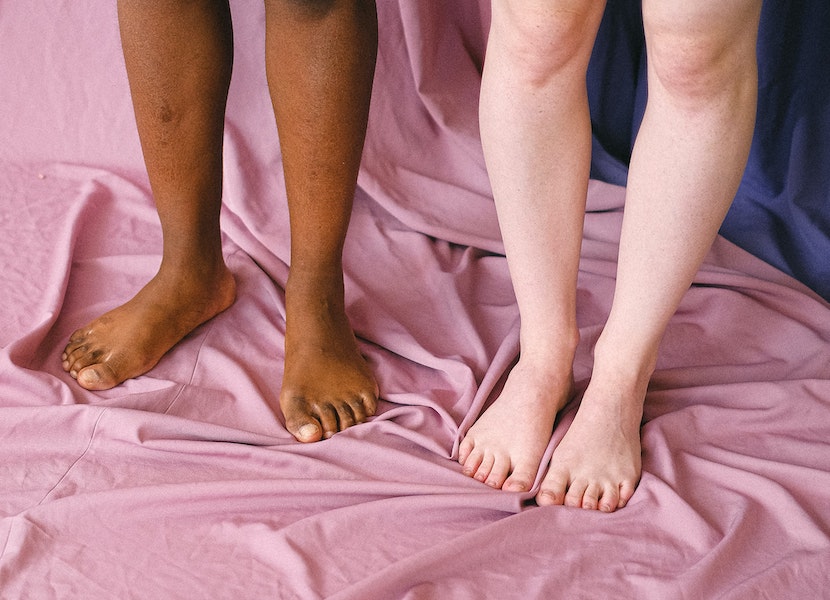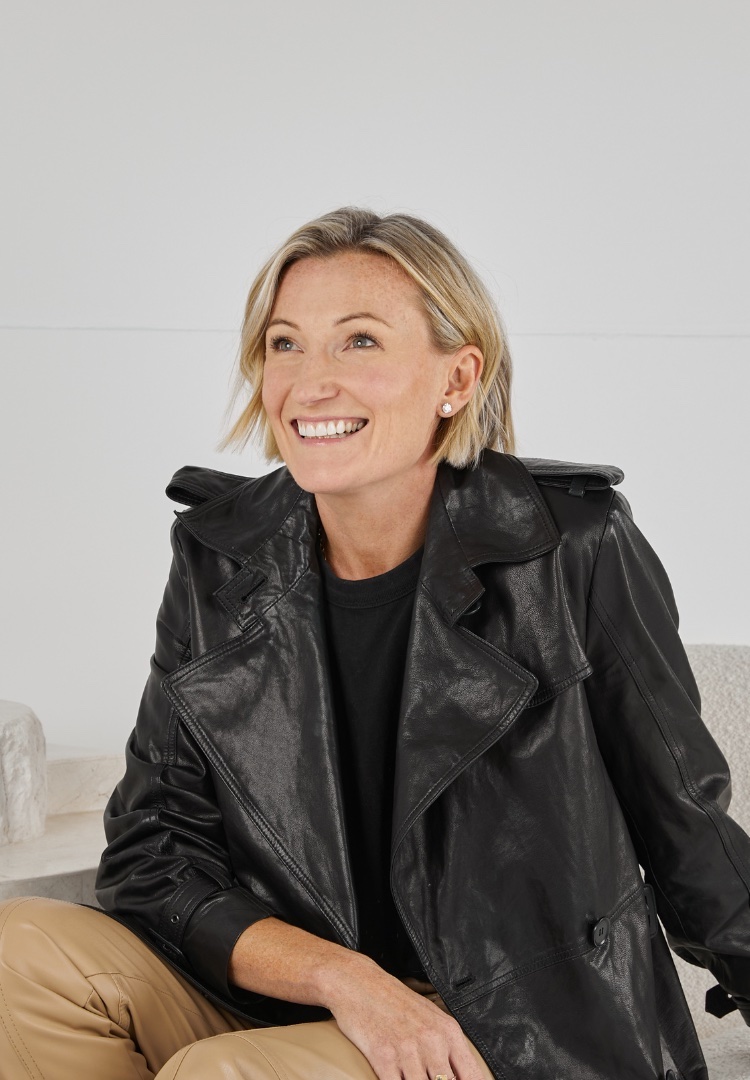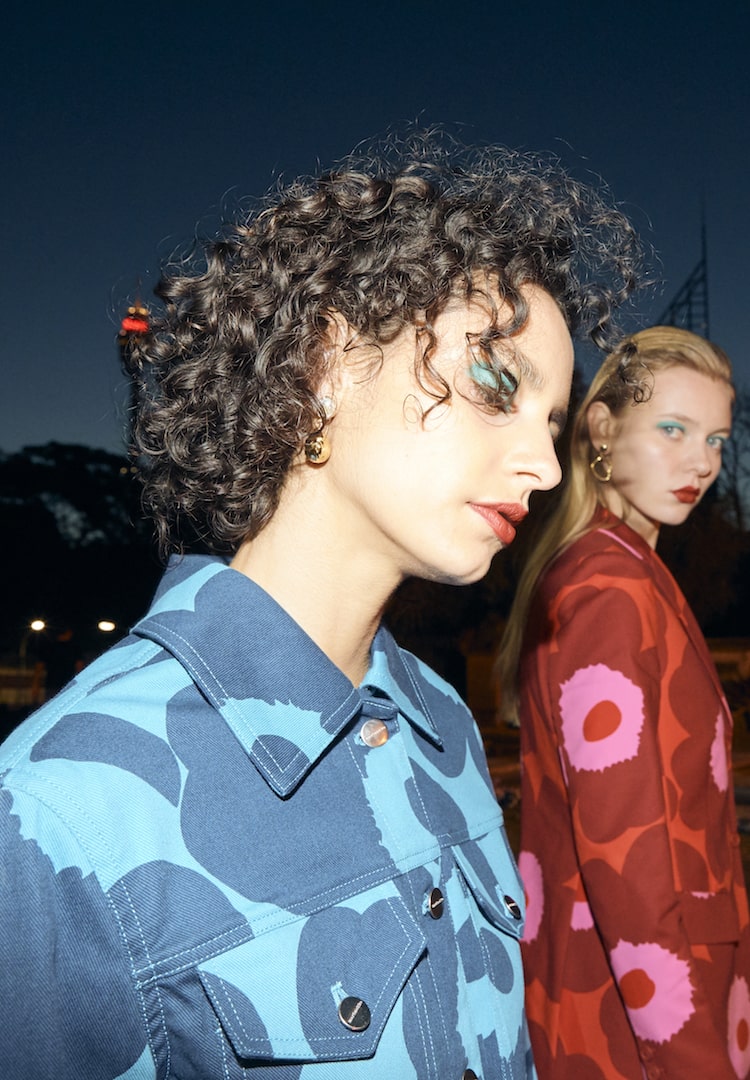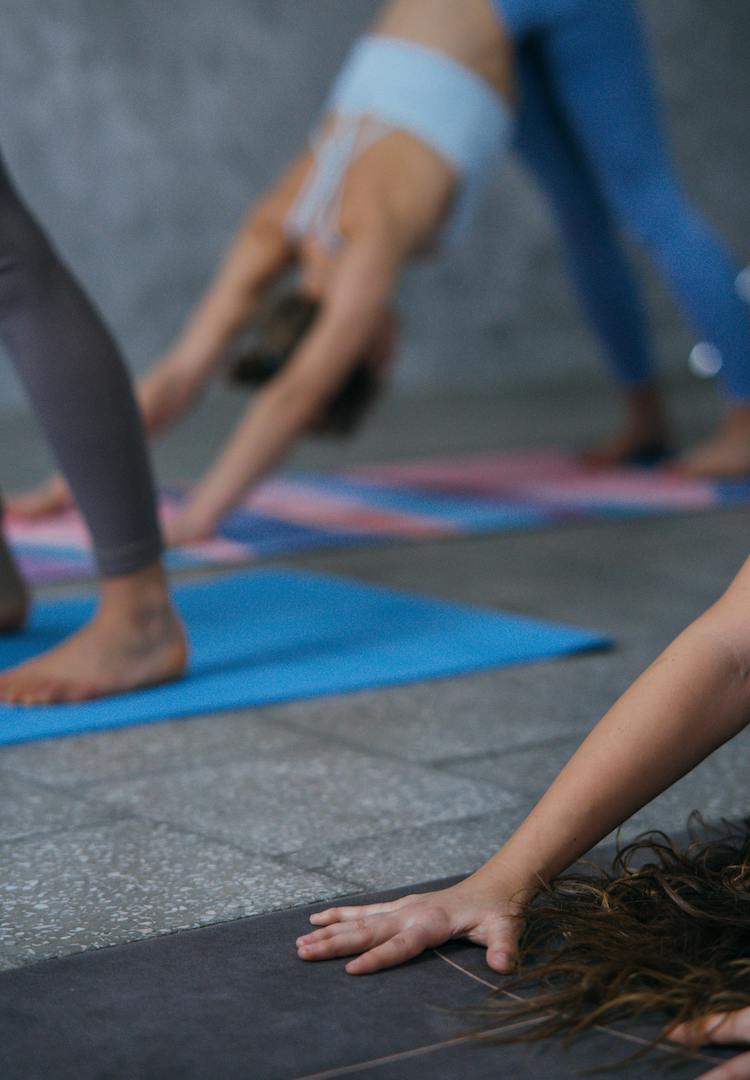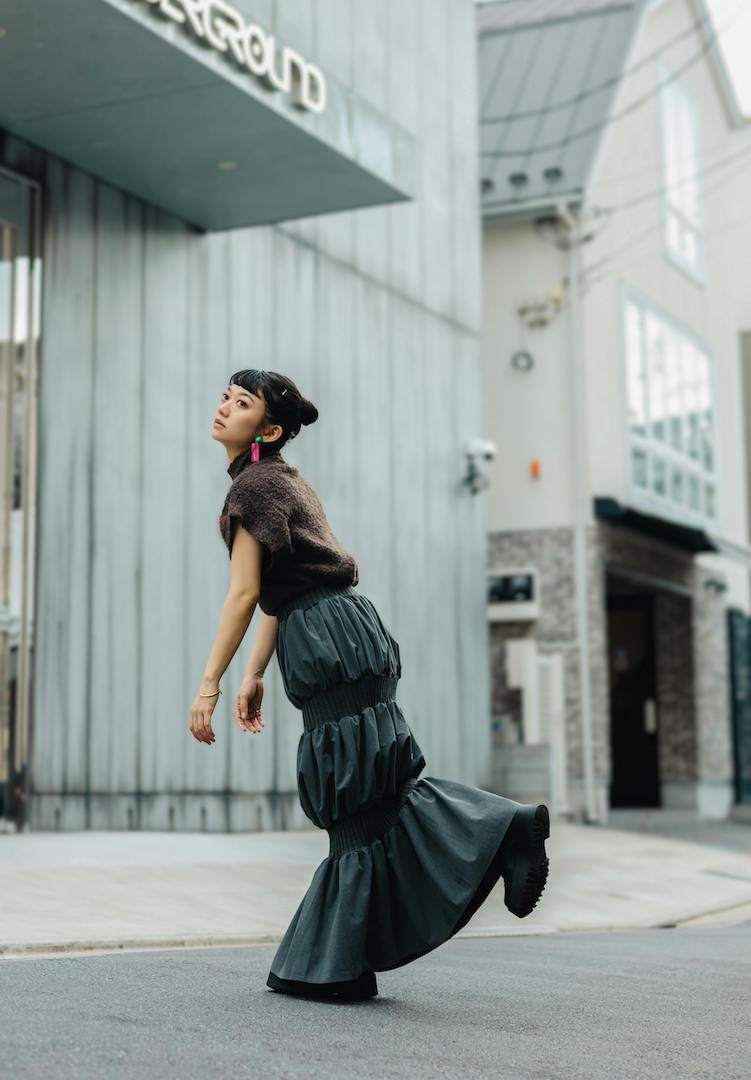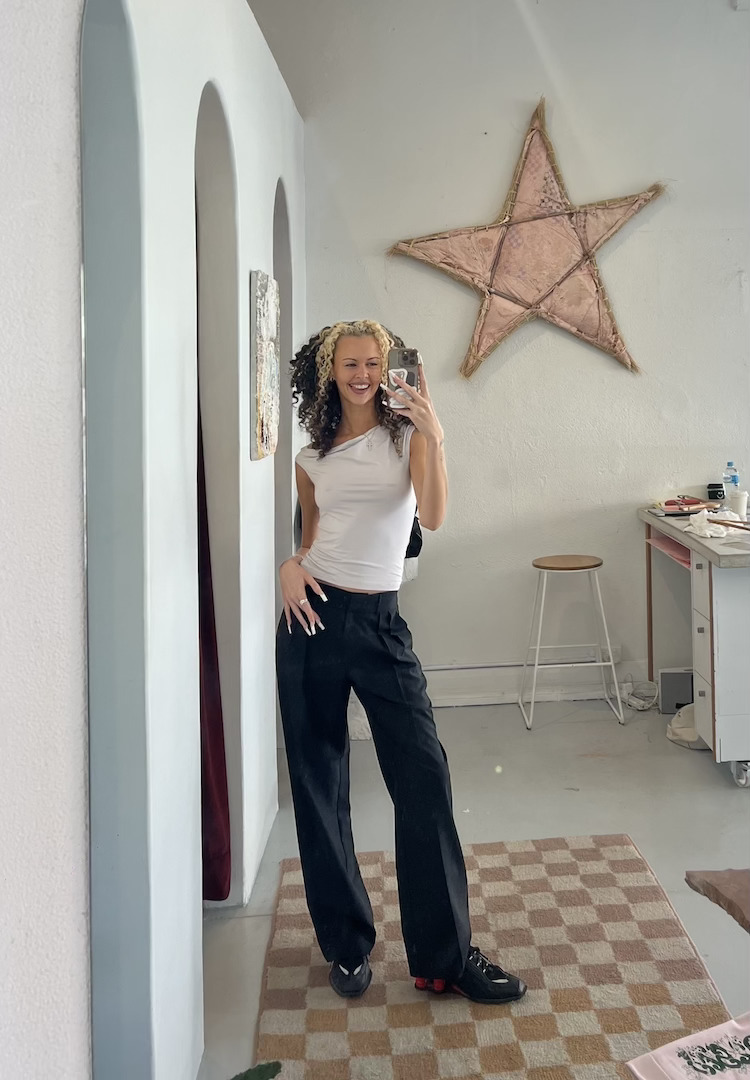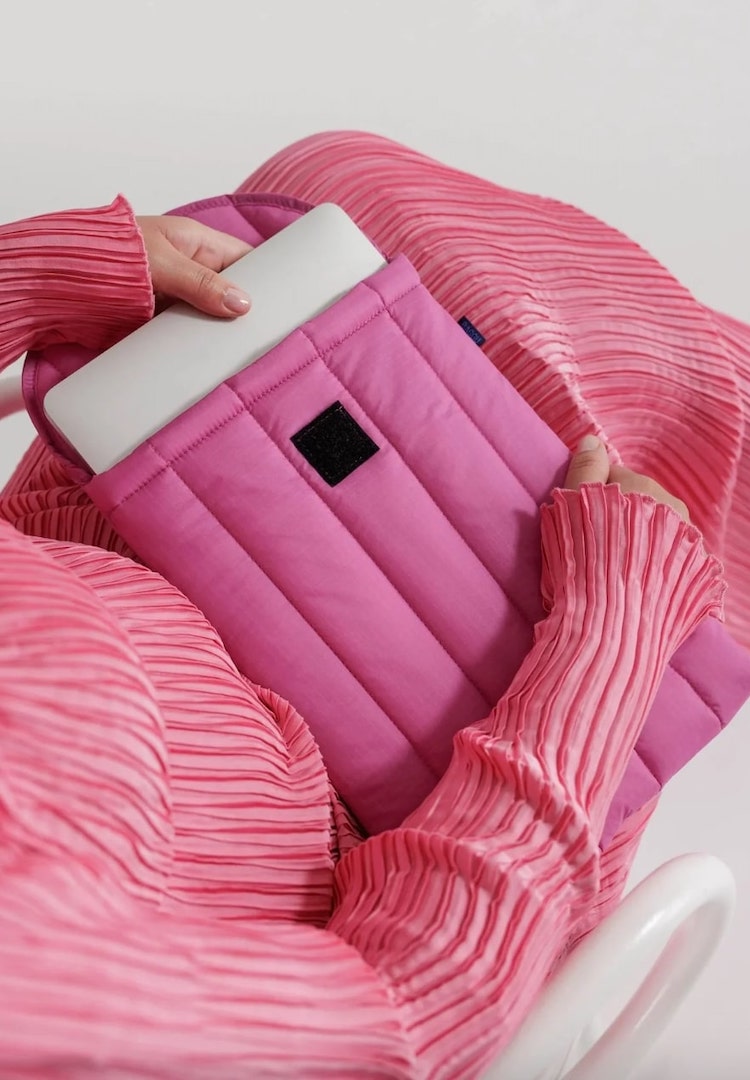My struggle with being short
WORDS BY JULIE NGUYEN
“I didn’t just want to hide my shortness – I was taught to hide my shortness.”
My entire life, I’ve been called small, tiny, petite, little – pretty much any synonym for ‘short’ you can think of. On many occasions, my shortness has been the first thing people have commented on when meeting me. I’ve heard it so many times, I’ve developed a standard reaction. It’s the play-it-cool, polite, accepting nod coupled with a “Yes, I know” (to hide my fluster).
Even as a child, I was self-conscious of my height. I remember dreading school photo days the most. We had to line up in height order and the comments about my shortness would always come flooding back. Kids were obsessed with comparing their heights and arguing about who was taller. These were conversations that made me feel excluded and inadequate.
For more content on identity, tap through to our Life section.
When I got to high school, social media platforms like Snapchat and Instagram were surging in popularity. Suddenly, it wasn’t just the comparison between me and other teenage girls – I was now comparing myself to these tall, ‘perfect’ Instagram models. I felt I looked like a child when all I wanted was to be ‘grown up’. I wanted long legs like those Victoria’s Secret models.
I believed if I was tall and thin like those models, I could be them one day. At that vulnerable and impressionable age, I perceived the epitome of female beauty to be what I saw on Instagram. I wish I had petite models to look up to back then. I needed them to tell me I belonged just the way I was. I didn’t just want to hide my shortness – I was taught to hide my shortness.
I was conditioned from a young age to look taller, to disguise my short height with certain clothing or a particular posture. Petite people like me can probably relate to this. I avoided anything too baggy, too oversized or too long. It would “bring [my] height down,” my mum would tell me. Now, any time I get dressed, the pressure to look tall (and blend in) is always on my mind. My shortness is not a feature I want to stand out.
In my experience, the only time my short height is ever praised or envied is when I’m standing next to a guy. I’ve had a guy flirtingly express his surprise at how short I am, and proceed to say that ‘guys like it when girls are shorter’. I’ve had female friends tell me how lucky I am to be able to wear heels because at least I’d still be shorter than the guy. I have also been told that it’s okay that I’m short because I’m a girl.
Sure, at the time, I was flattered. But, it didn’t take long for me to realise how much those comments fed into the male gaze. My body image was tied to the sexual value I held for men. Did my shortness only serve one purpose – to please men?
But this struggle with my height hasn’t just come from the outside world, it’s also come from family. I grew up being very aware of how Asian people, especially Asian women, are perceived in Western countries. A common physical stereotype of Asian people is that we’re all short. Throughout my childhood, if there was someone who surpassed the stereotype, they were looked at in admiration and envy.
My mum was one of them. Compared to her Asian peers at school, she was very tall. Compared to her sisters, sisters-in-law and her Asian friends, she’s always been tall. There’s this combination of cultural and familial pressure for me to meet and exceed that expectation.
During doctor appointments, my mum (out of love and concern) always asked our doctor why I was so small and if I was going to grow. He always chuckled and reassured my mum that there was nothing to worry about. Culturally, I think this concern exists among our immigrant family members. They know what it’s like to be underestimated and belittled. They want their children to belong, to be taken seriously and to gain the same opportunities others do.
As a short Asian person, I’ve always felt my height only adds fuel to the fire of racist Asian stereotypes. I feel like it reinforces those perceptions of us within society, and I imagine I’m not the only person to fear this kind of racial discrimination. So, I have always longed for the ability to prove people wrong the moment they lay eyes on me. I have felt societal pressures to break Asian stereotypes.
I can’t pretend I’ve become comfortable with my shortness when I’ve spent my whole life finessing the art of hiding it. I’ll probably never stop trying to dress or stand in a way that makes me appear taller; it’s ingrained in me. In saying this, it doesn’t mean I believe tall people don’t get insecure about their own height.
Being comfortably in shortness is an area of body positivity that needs to be talked about more. While I’ve spoken about my experiences as a short Asian woman, I’m also aware of how much this societal pressure to be tall affects others, particularly men. I hope my story resonates with all those who share my struggle.
For non-judgemental, free, and confidential support on body image issues, you can call the Butterfly National Helpline at 1800 33 4673, or chat with them here.

